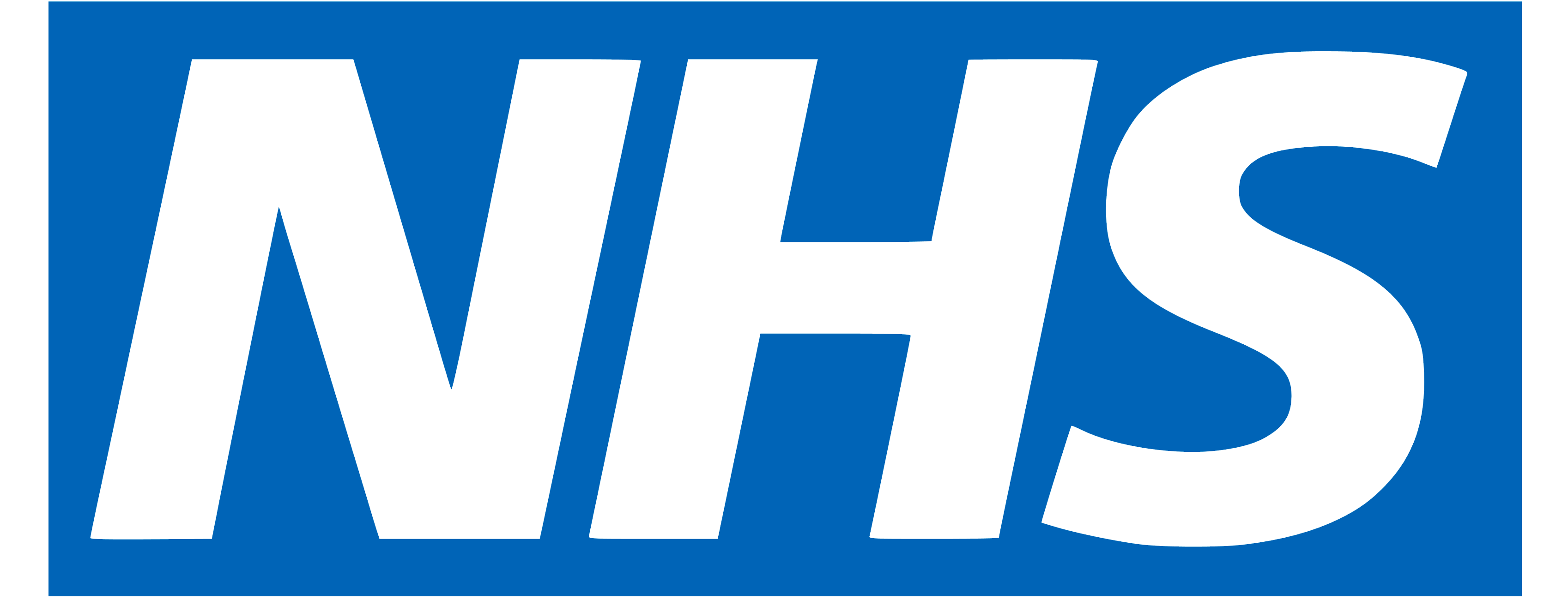Covid 19 SHEILDED PATIENTS
SUPPORT THAT IS AVAILABLE TO SHIELDED PATIENTS, if required:
Direct to doorstep deliveries
- Government has offered a ‘direct to doorstep’ weekly food parcel delivery service for all those who are ‘highest clinical risk’, who require support getting essential supplies. This service will continue for as long as it is needed, to protect those who are shielding.
- Each parcel is based on a 7-day supply of essential items for one person, and includes food items, as well as toilet tissue plus hand soap and/or shower gel.
- An A4 note is included in each package, explaining that if the recipient has any allergies, and/or religious or cultural dietary requirements, they should contact their local council. The note also asks people to contact their council if they feel they need more than one package per week.
- Food parcels are delivered by major food service suppliers, directly to the doorstep.
- If there is no answer, the parcel will be left on the doorstep or recorded as ‘unable to access’, if leaving the parcel would mean leaving it at a communal entrance.
- Delivery drivers will observe strict social distancing measures when delivering food parcels.
- Delivery drivers will report on the outcome of individual deliveries. This information will be shared with local councils.
Supermarkets
- The Government Digital Service has provided supermarkets with the details of people who are shielding, and have requested food parcels. They are able to prioritise the highest clinical risk group for click and collect services and/or home delivery.
- To receive a priority supermarket slot, shielding individuals must register on the Government Support website once they have received their NHS letter, or use the automated telephone line. When signing up, they must request essential food supplies for their data to be passed on to supermarkets.
Medicines deliveries
- The NHS has put in place arrangements for individuals to have medicines delivered by local community pharmacies during the COVID-19 outbreak, if they have requested help with this via the Government support website.
- Medicines are being delivered by community pharmacies to eligible individuals who, due to their medical condition, should not present at the pharmacy, and where there is no other person who can collect the item from the pharmacy and deliver it to the clinical extremely vulnerable person’s door.
- This service will continue until the COVID-19 outbreak has subsided and Government decides that community pharmacies and dispensing practices are no longer required to provide home delivery services.
- Where there is no family, friend, neighbour or carer, the pharmacy must advise the patient of the potential for a local volunteer to act on the pharmacy’s behalf.
Social care
- Local councils are key to the effective delivery of this component of the offer to highest clinical risk patients who are shielding, and who have registered with the Government website and requested assistance with social and basic care needs.
- Local councils should contact those people who have indicated, either via the Government support website, call centre, direct contact with the council or another partner, that they require help to meet their basic needs (e.g. help with bathing, domestic chores) to ensure these are met. Councils will assess what help is required and how best individuals can be supported, using existing resources or the voluntary and community sector as appropriate.
- People who are shielding may experience anxiety, fear and loneliness during this period, especially those who have no network of friends, family or neighbours nearby.
- Data shared by the Government support website with councils will indicate whether an individual has requested social contact during the period they are required to shield.
- It is for local councils to determine the best way to coordinated this support, locally, working with voluntary and community sector partners.
If a shielded patient says that they need help, they need to:
- go to the Government Support website (https://www.gov.uk/coronavirus-extremely-vulnerable) to register that they have got a shielding letter and confirm that they need help at the moment.
- This government service provides access to food and medications, as well as help with social contact and basic needs, whilst at home if needed.
- contact your local council if they have an urgent need. Local councils are working with voluntary sector organisations and local communities to support residents in the response to COVID-19. Information about their local council is available at: https://www.gov.uk/find-local-council
- GPs or other healthcare professional also can refer for immediate help from an NHS Volunteer. NHS Volunteer Responders can help with:
- Check and chat – short term telephone support to say hello for those feeling lonely and isolated
- Community support – collecting shopping, medication or other essential supplies
Patient transport - transport to take patients home who are medically fit for discharge
Coronavirus (COVID-19)
The NHS and Public Health England (PHE) are extremely well prepared for outbreaks of new infectious diseases. The NHS has put in place measures to ensure the safety of all patients and NHS staff while also ensuring services are available to the public as normal.
NHS 111 has an online coronavirus service that can tell you if you need medical help and advise you what to do.
Use this service if:
- you think you might have coronavirus
- in the last 14 days you've been to a country or area with a high risk of coronavirus – see coronavirus advice for travellers and a list of high risk countries on nhs.uk
- you've been in close contact with someone with coronavirus
Do not go to a GP surgery, pharmacy or hospital. Stay indoors and avoid close contact with other people. Call 111 if you need to speak to someone
For region specific information and advice in:
- England visit nhs.uk
Further information and details of how to self-isolate are available on nhs.uk.
